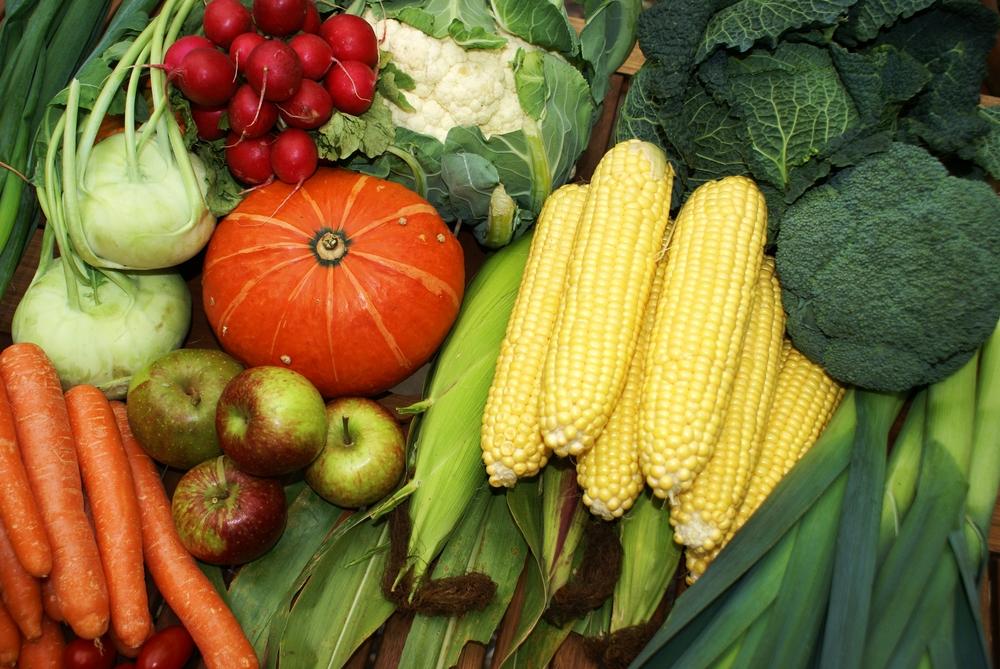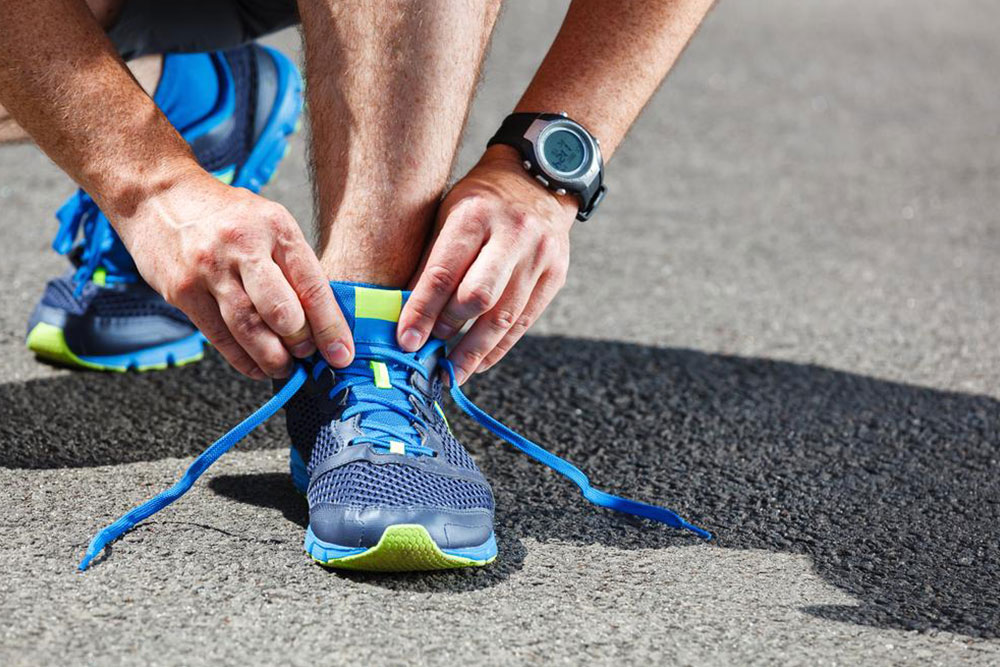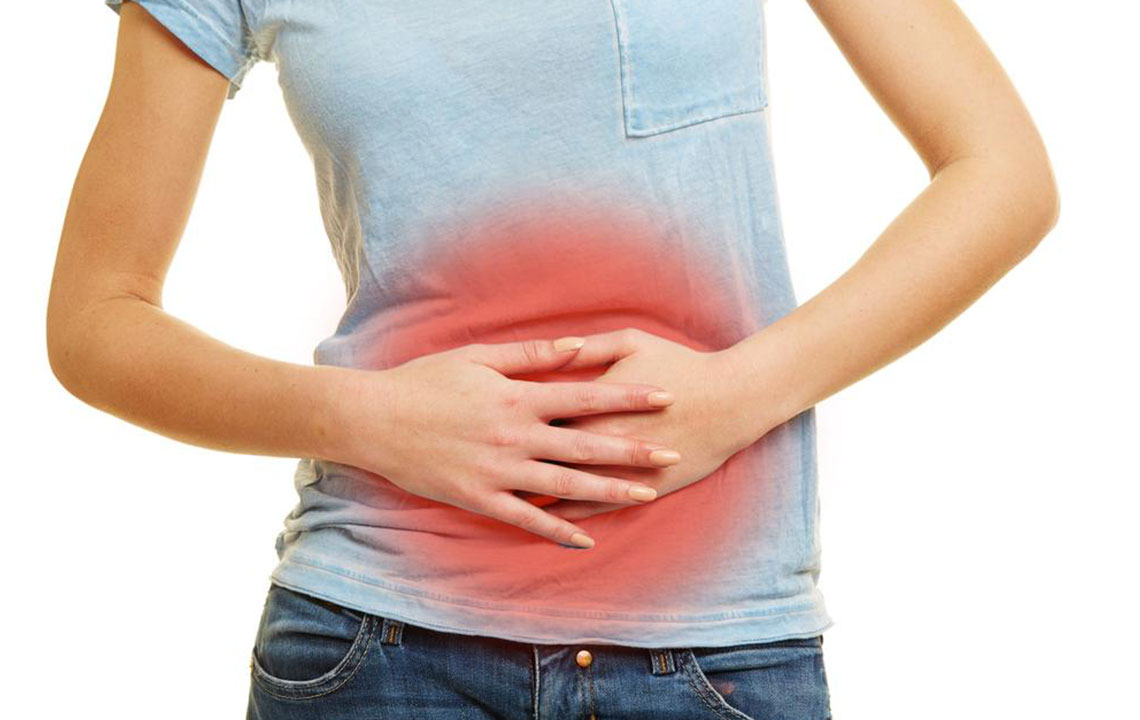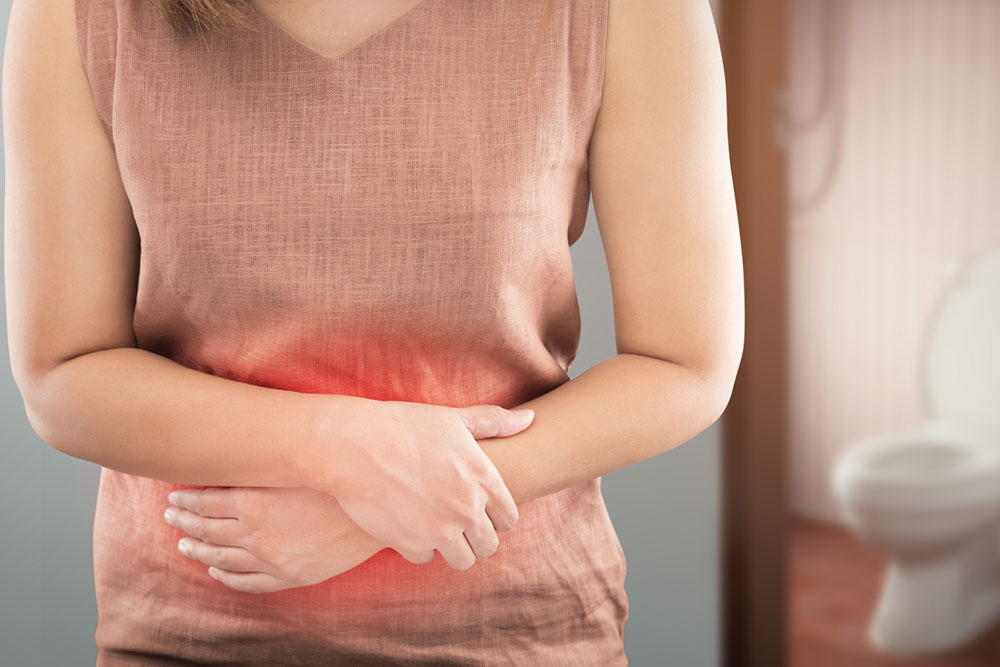Comprehensive Guide to Managing Diarrhea Through Nutrition and Care Strategies
This comprehensive guide offers valuable strategies for managing diarrhea through proper nutrition, hydration, and lifestyle adjustments. It emphasizes the importance of staying hydrated, choosing gentle foods like bananas, rice, and lean proteins, and avoiding irritants such as greasy foods and high-sugar items. The article also highlights when to seek medical attention, especially in prolonged cases or severe symptoms, and explores natural remedies like ginger and chamomile tea for symptom relief. Suitable for all ages, this article provides practical advice to promote quick recovery and prevent dehydration during diarrheal episodes.

Effective Management of Diarrhea with Proper Nutrition and Lifestyle Adjustments
Understanding the Causes and Treatment Options for Diarrhea
Diarrhea is a common gastrointestinal condition that can affect individuals of all ages. While often temporary, it can be uncomfortable and disruptive. The body's natural response to eliminate toxins, pathogens, or irritants involves increasing intestinal motility and fluid secretion. Supporting this process with appropriate dietary choices can promote quicker recovery unless the diarrhea stems from severe infections or underlying medical conditions that require prompt diagnosis and treatment.
Generally, adults can safely endure up to two days of diarrhea without risking dehydration, provided they do not exhibit warning signs such as high fever, blood in stool, or severe abdominal cramping. For young children, the risk of dehydration is higher, and medical attention should be sought after just one day of diarrhea. Maintaining hydration is paramount—this involves consuming fluids rich in electrolytes to replace what is lost through frequent bowel movements.
Incorporating gentle, nutrient-rich foods can aid recovery. Bananas, which are rich in soluble fiber and potassium, help absorb excess fluids and restore electrolyte balance. Plain rice acts as a binding agent, firming up stool, while tender coconut water provides natural hydration with essential minerals. Peeled potatoes are easy to digest and supply carbohydrates along with potassium. These foods are typically well-tolerated and support the gut during recovery.
It is vital to stay hydrated with clear fluids such as broths, soups, and diluted fruit juices, which provide hydration, salts, and soluble fibers without irritating the gut. Sipping fluids slowly—preferably in small amounts—is more effective and comfortable. Sugary drinks should be avoided because they can encourage the growth of harmful bacteria and fermentative processes in the gut. Instead, fruits like apples and bananas are preferred, avoiding fruits high in sucrose that could worsen symptoms. A popular rehydration method involves drinking boiled or cooled salted water with a pinch of glucose, which helps replenish lost electrolytes efficiently.
Foods high in protein, such as oats, baked potatoes, lean chicken, and chicken broth, can support tissue repair and strengthen the immune response during diarrheal episodes. Incorporating these into the diet ensures nutritional needs are met without straining the digestive system. The focus remains on items that promote gentle digestion, hydration, and energy replenishment.
Ginger is renowned for its anti-inflammatory and gastrointestinal soothing effects. Consuming fresh ginger slices, ginger juice mixed with honey (in moderation), or ginger tea can help alleviate nausea, bloating, and digestion problems associated with diarrhea. Chamomile tea is another natural remedy that relaxes the stomach muscles and reduces pain, providing additional symptom relief.
The BRAT diet—comprising bananas, rice, applesauce, and toast—continues to be a popular dietary approach. These foods are easy to digest, provide essential nutrients like soluble fiber and potassium, and help firm up stool. Such a diet minimizes gut irritation and promotes quicker recovery.
It's important to avoid foods and beverages that can exacerbate symptoms. High-in-soluble fiber foods like raw vegetables, fluxed beans, and heavy dairy can worsen gas and bloating. Sucrose-rich foods, citrus fruits, alcohol, fried and greasy foods, as well as carbonated drinks, should be limited or avoided altogether. These can irritate the gut lining, increase intestinal motility, and prolong diarrhea.
If diarrhea persists beyond two days in adults or one day in children, or if worsening symptoms such as dehydration, high fever, blood in stool, or severe abdominal pain occur, immediate medical consultation is necessary. Common infectious causes include bacterial pathogens like Salmonella, Shigella, and Escherichia coli, as well as viral agents such as rotavirus. Parasitic infections, including Giardia lamblia, are also notable causes. Chronic conditions like inflammatory bowel disease, celiac disease, or even colon cancer may cause persistent diarrhea requiring specialized diagnosis and management. Certain medications, such as antibiotics and antacids, can contribute to diarrhea; adjusting these under medical supervision is often needed.
Prioritize hydration and seek prompt medical advice to ensure proper management of diarrhea, especially if symptoms persist or worsen, or if warning signs appear. Addressing root causes effectively can lead to faster recovery and prevent complications.





